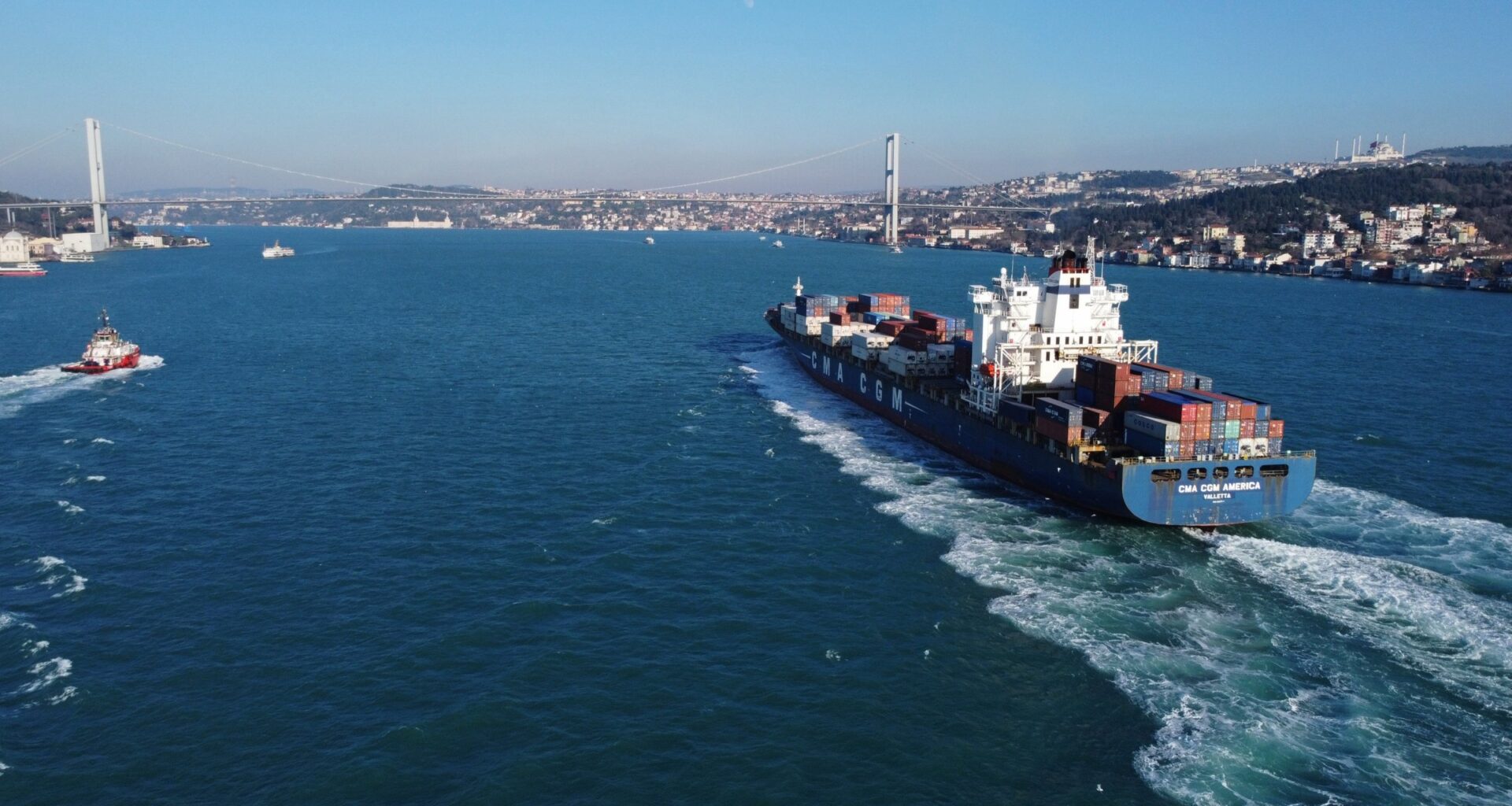Türkiye is on track to achieve a new peak and exceed $390 billion (TL 15.95 trillion) in total foreign trade in goods and services this year, Trade Minister Ömer Bolat said on Tuesday.
That would mark a major upgrade from $375 billion in 2024 and compares to only $50 billion more than two decades ago, Bolat told an event in Istanbul.
Since the beginning of the year, Türkiye has added $1 billion to its exports every month, said the minister, adding that outbound shipments rose by 5.1% in the first seven months of this year.
“In 2002, Türkiye had $50 billion in exports. Today, we’ve reached $375 billion, and by year-end, we’ll surpass $390 billion,” Bolat noted.
He underlined the growing role of textiles and apparel, noting that in 2024 the sector generated $32.1 billion in exports.
Of this, $19.7 billion came from ready-to-wear and apparel, $9.4 billion from textiles and raw materials and $2.9 billion from carpets.
Together, these industries secured a 3.5% share of global exports, ranking Türkiye seventh worldwide and the European Union’s fourth-largest supplier, Bolat said.
Overall, Bolat cited the national income that reached $1.3 trillion last year and noted the economy’s continuous growth despite global challenges.
The government aims to lift the per capita income to $16,500-$17,000, the minister added. The income reached over $15,460 last year, according to official data.
“We will overcome challenges. As inflation declines, growth will accelerate in a stable environment.”
He predicted easing inflation in the period ahead would support financing conditions.
Inflation slowed to 33.5% in July, according to official data, the lowest rate since November 2021, having peaked at 75% in May last year.
Bolat said inflation has been declining for the past 14 months and said it would drop below 30% by the end of the year.
This, he said, along with declining interest rates, will make financing more accessible and support stronger export performance.
“With inflation falling into the 20s in 2026, access to financing will be easier and market stability will be firmly established,” he noted.
As disinflation continues, the Turkish central bank last month relaunched an easing cycle that was disrupted by political turmoil earlier this year, cutting its key policy rate by 300 basis points to 43%.
The bank had hiked the one-week repo rate to 46% from 42.5% in April and lifted its overnight lending rates to 49 % following market volatility over the arrest in March of Istanbul Mayor Ekrem Imamoğlu.
Imamoğlu was jailed pending trial over graft charges.
Before April, the bank had gradually cut its key policy rate from December as inflation eased.
“If global demand improves and the Russia-Ukraine war ends with a peace deal, we will see much brighter days for our economy,” said Bolat.
The minister highlighted government support for exporters, saying 60% of the ministry’s budget is allocated to incentives, including market access, trade fairs and sectoral trade delegations.

The Daily Sabah Newsletter
Keep up to date with what’s happening in Turkey,
it’s region and the world.
SIGN ME UP
You can unsubscribe at any time. By signing up you are agreeing to our Terms of Use and Privacy Policy.
This site is protected by reCAPTCHA and the Google Privacy Policy and Terms of Service apply.

